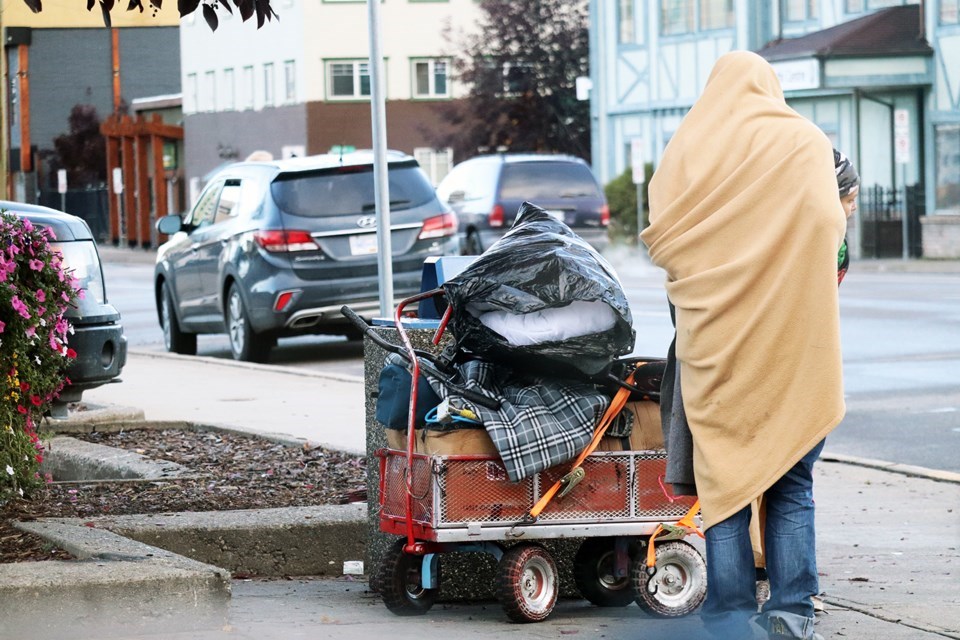New preliminary reporting from the B.C. Coroner’s Service is detailing the number of deaths of individuals experiencing homelessness in 2021.
The report found there were 247 deaths in B.C. which is a 75 per cent increase in the number of lives lost in 2020.
In Prince George specifically 11 people experiencing homelessness died during 2021, which is an increase from the 7 people that died in 2020 and the three people who died in 2019.
Throughout the Northern Health Authority 21 people experiencing homelessness died in 2021.
"This report reflects the risks and realities that people experiencing homelessness face every day," said Lisa Lapointe, chief coroner, BC Coroners Service in a news release.
"We know that many are facing significant health concerns, including physical disabilities, mental-health challenges and substance-use issues. Additionally, as is also evident in the province's housed population, the report details the significant risks associated with toxic drugs for those who are unhoused. My hope is that this information will help support positive action, both during Homelessness Action Week and beyond."
The report also studied a 10 year period, between 2012 t0 2021, and found approximately 120 deaths of people experiencing homelessness were investigated by the BC Coroners Service annually.
However, following a significant increase in the number of lives lost between 2015 (73) and 2016 (181), an average of about 153 deaths per year were reported between 2016 and 2020.
Individuals between 30 and 59 years accounted for 72 per cent of reported deaths, and 83 per cent of decedents were male. More than half of the investigated deaths occurred in either the Fraser (32 per cent) or Vancouver Coastal (25 per cent) health authorities.
Nearly three-quarters (74 per cent) of the investigated deaths were classified as accidental, and 87 per cent of those accidental deaths were determined to have been caused by illicit drug toxicity.
In 2021, 93 per cent of all accidental deaths among people experiencing homelessness were identified as being caused by the illicit drug supply.
"The BC Coroners Service's death review panel report into illicit drug toxicity deaths found a high correlation between deaths due to drug toxicity and persons living in poverty or experiencing housing instability," Lapointe said.
"Almost one-third of the 2,117 decedents in the panel's protocol cohort were either living outdoors or in temporary shelters. This data in this release reinforces the panel's recommendations: the urgent creation of a province-wide framework for distribution of safer supply; the establishment of clear goals, targets and deliverable time frames to reduce the number of illicit drug toxicity events and deaths; and the establishment of an evidence-based continuum of care."
For the purposes of the reporting, an individual experiencing homelessness was defined as a person living outdoors, in a makeshift shelter, a parked vehicle, or any other structure not intended for habitation.
Homelessness was also defined as a person staying at an emergency shelter (overnight) or temporarily sheltered (suspected to be for less than 30 days) by friends or family, in a short-term shelter, temporary modular housing, safe house for youth, or transition house for women and children fleeing violence.
People residing in short-term shelters, safe houses or transition houses for an unknown length of time were included.



